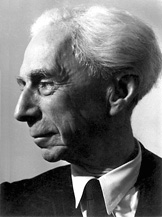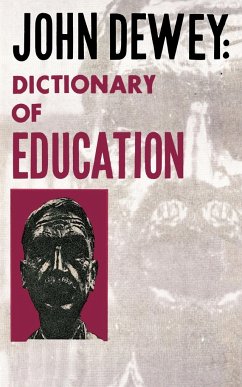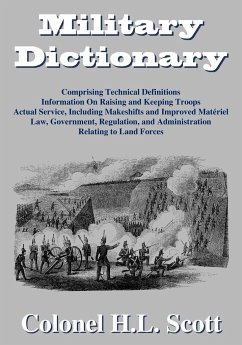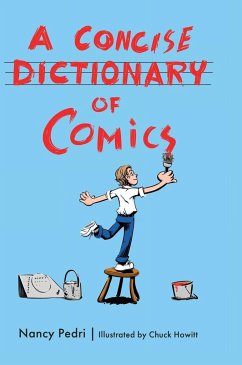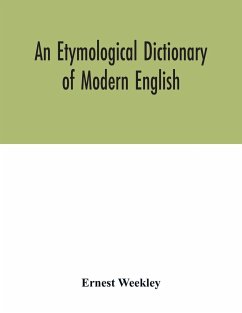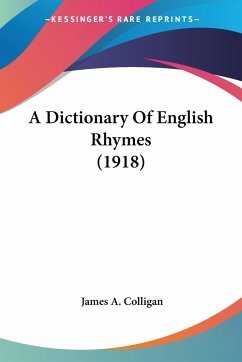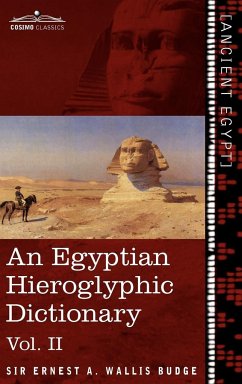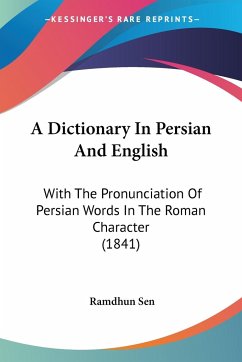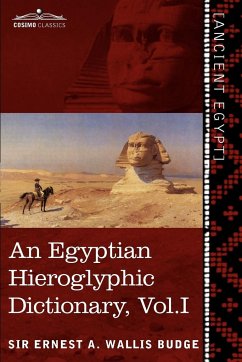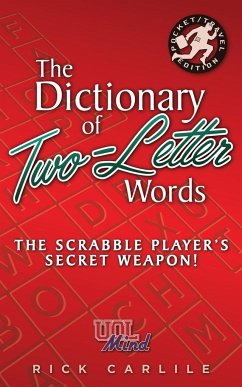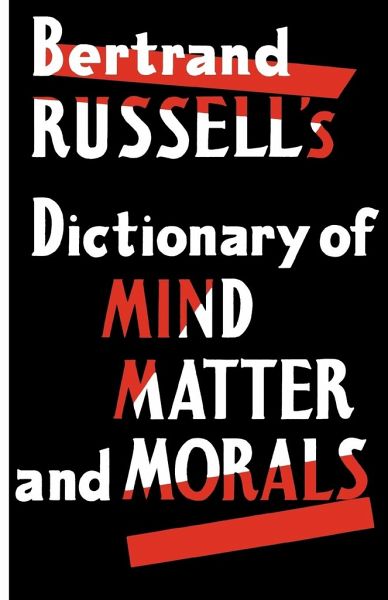
Dictionary of Mind Matter and Morals
Versandkostenfrei!
Versandfertig in 1-2 Wochen
16,99 €
inkl. MwSt.

PAYBACK Punkte
8 °P sammeln!
The Dictionary of Mind, Matter, and Morals contains more than 1000 selections from over 100 of Russell¿s books and articles. It serves as an introduction to Russell¿s brilliance in analysis, argument, and exposition which develops a clear notion of his method of approach, his fundamental principles and many of his leading ideas. Here is found definitions and terms reflected in the topics of Matter, Mind, and Morals. Bertrand Arthur William Russell, 3rd Earl Russell was a British philosopher, logician, mathematician, historian, social reformer, and pacifist. Although he spent the majority of ...
The Dictionary of Mind, Matter, and Morals contains more than 1000 selections from over 100 of Russell¿s books and articles. It serves as an introduction to Russell¿s brilliance in analysis, argument, and exposition which develops a clear notion of his method of approach, his fundamental principles and many of his leading ideas. Here is found definitions and terms reflected in the topics of Matter, Mind, and Morals. Bertrand Arthur William Russell, 3rd Earl Russell was a British philosopher, logician, mathematician, historian, social reformer, and pacifist. Although he spent the majority of his life in England, he was born in Wales, where he also died. Russell led the British "revolt against Idealism" in the early 1900s and is considered one of the founders of analytic philosophy along with his protégé Wittgenstein and his elder Frege. He co-authored, with A. N. Whitehead, Principia Mathematica, an attempt to ground mathematics on logic. His philosophical essay "On Denoting" has been considered a "paradigm of philosophy." Both works have had a considerable influence on logic, mathematics, set theory, linguistics and analytic philosophy. He was a prominent anti-war activist, championing free trade between nations and anti-imperialism. Russell was imprisoned for his pacifist activism during World War I, campaigned against Adolf Hitler, for nuclear disarmament, criticised Soviet totalitarianism and the United States of America's involvement in the Vietnam War. In 1950, Russell was awarded the Nobel Prize in Literature, "in recognition of his varied and significant writings in which he champions humanitarian ideals and freedom of thought.



